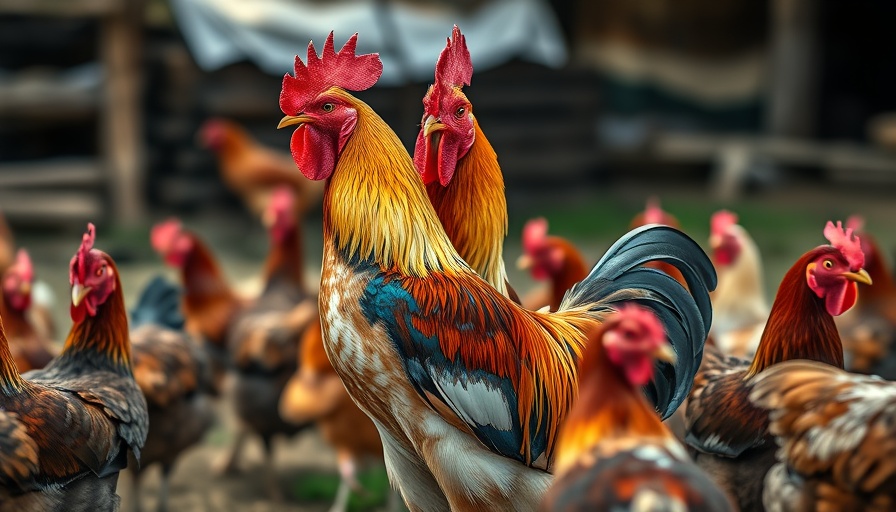
Understanding the Bird Flu: A Vital Health Concern
As the world continues to grapple with various infectious diseases, the emergence of Highly Pathogenic Avian Influenza (HPAI), colloquially known as bird flu, highlights the need for thorough and responsible reporting. This situation is particularly significant at the local level, where community impacts can be felt strongly. In this article, we explore how journalists can effectively cover the nuances of bird flu by identifying appropriate sources and understanding the multifaceted aspects of this health issue.
The Importance of Expert Sources
One of the critical skills in reporting on HPAI is recognizing when a source has the appropriate expertise. For instance, while an expert in coronaviruses may have a wealth of knowledge regarding respiratory illnesses, they are not necessarily well-versed in influenza, which operates under different biological mechanisms. Misinformation can lead to chaos, as seen during the early stages of the COVID-19 pandemic when the vetting of sources was insufficient.
When covering veterinary risks associated with HPAI, it is crucial for reporters to connect with a diverse array of specialists. This includes poultry experts, wildlife biologists, zoonotic virologists, and local health authorities. Such collaboration ensures that any article published is both accurate and comprehensive, reflecting the depth of the situation.
Identifying the Right Voices
Engaging with those who have lived experiences is essential. Farmers and ranchers can offer firsthand accounts of the challenges they face while safeguarding their herds and flocks. These narratives not only add authenticity to the stories but also spotlight the human facet of agricultural struggles in response to avian influenza. Additionally, discussing the protective measures workers undertake can reveal community efforts in battling this disease.
Criteria for Source Selection
When deciding who to approach for insights, consider these crucial questions:
- Does this person have the necessary expertise, education, or experience in their field?
- Have they published relevant peer-reviewed studies or have a well-established reputation?
- Do they operate within a specific niche of knowledge without straying too broadly across disciplines?
Accessing Expert Resources
Various institutions provide excellent starting points for identifying relevant experts in the field of avian influenza. The UC Davis page on avian influenza specialists is a useful reference, illustrating the breadth of expertise required to tackle this complex issue comprehensively. Journalists should utilize these resources to enrich their understanding and reporting of bird flu.
Making a Difference in Reporting
Responsible journalism extends beyond fact-checking—it also involves harnessing the power of community stories, scientific rigor, and expert testimonies to make a real difference. As avian influenza continues to pose threats to public health and agriculture, those covering the issue must adapt their methods, ensuring that they provide a clear, accurate, and empathetic lens through which the public can understand this evolving narrative.
Call to Action: Elevate Journalism Standards
As health enthusiasts, engaging with accurate reporting on avian influenza not only informs but empowers our local communities. Let’s advocate for increased transparency in reporting by demanding rigor and depth in the coverage of health issues that impact our daily lives. Together, we can ensure that the stories told not only reflect the facts but also resonate with the human spirit and the challenges faced by those on the ground.
 Add Row
Add Row  Add
Add 




Write A Comment